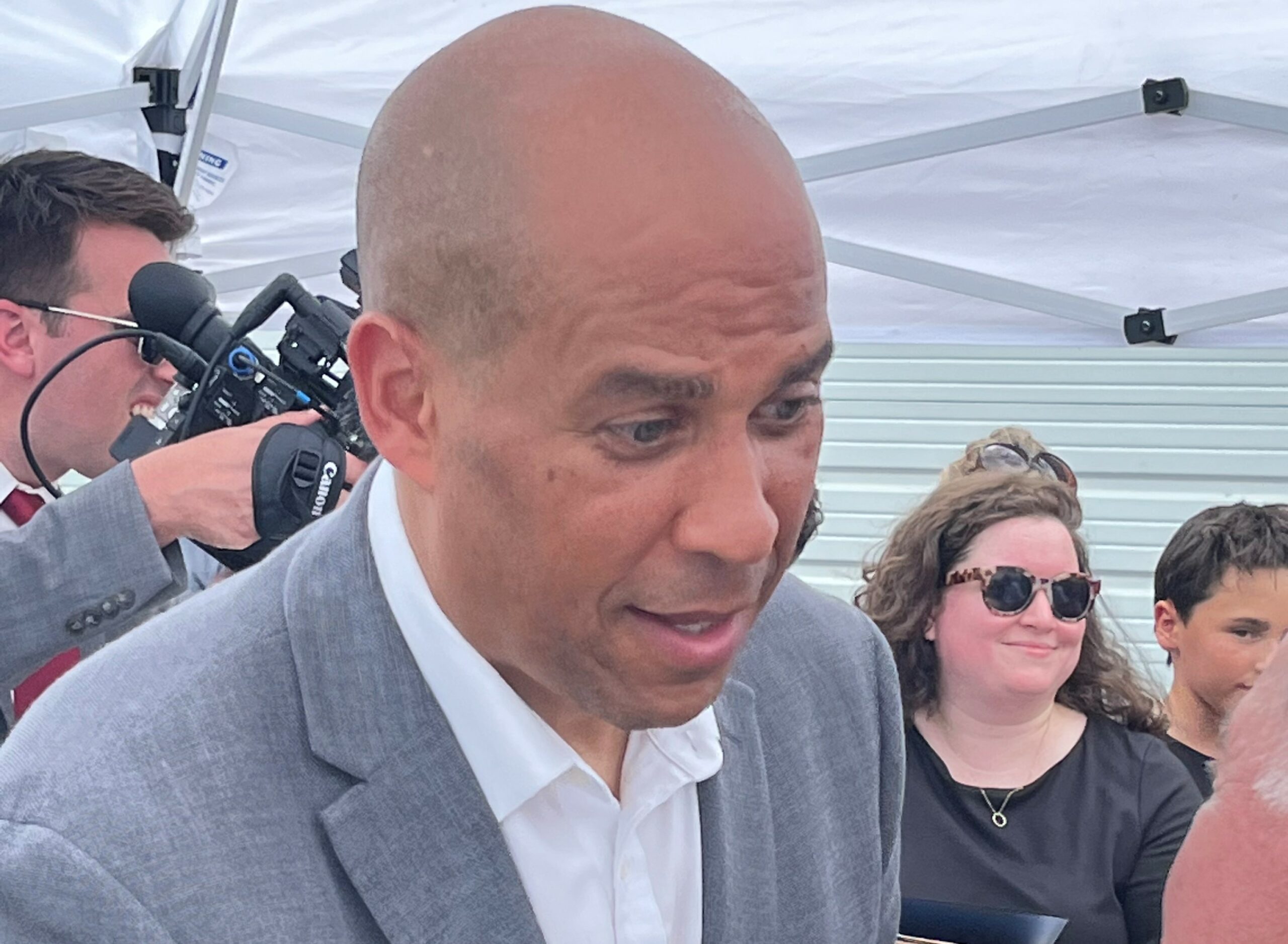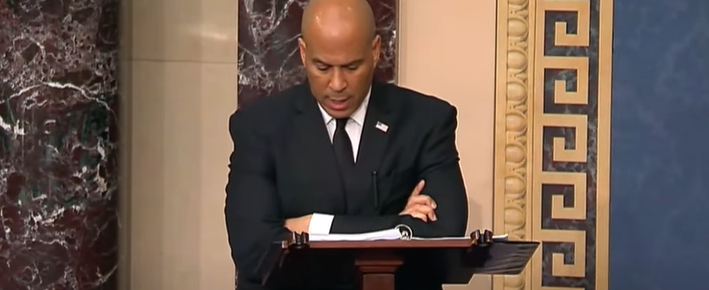The 13th Amendment to the United States Constitution is often celebrated as a landmark moment in the fight against slavery. It abolished slavery and involuntary servitude, except as punishment for a crime. However, this exception has created a loophole that has allowed for the continuation of slavery in the United States in the form of prison labor.
The 13th Amendment was ratified in 1865, following the Civil War. It was intended to ensure that slavery would never again be legal in the United States. The amendment states that “Neither slavery nor involuntary servitude, except as a punishment for crime whereof the party shall have been duly convicted, shall exist within the United States, or any place subject to their jurisdiction.”
This exception has been used to justify the use of prison labor, which is often referred to as “modern-day slavery.” Prisoners are forced to work for little or no pay, often under dangerous and exploitative conditions. This practice is particularly prevalent in private prisons, where corporations profit from the labor of prisoners.
The use of prison labor has been criticized by human rights organizations and activists, who argue that it is a violation of the 13th Amendment and a form of exploitation. They point out that prisoners are often forced to work long hours for little pay, and that they have no choice in the matter.
In recent years, there has been a growing movement to close the 13th Amendment loophole and end prison labor. Several states have passed laws that limit or ban the use of prison labor, and there have been calls for a federal ban on the practice.
Proponents of prison labor argue that it provides valuable job training and work experience for prisoners, and that it can help reduce recidivism rates by giving inmates a sense of purpose and responsibility. They also point out that prisoners who work are less likely to engage in violent behavior or other forms of misconduct.
However, critics argue that these benefits are outweighed by the negative consequences of prison labor. They point out that prisoners are often forced to work in dangerous and unhealthy conditions, and that they have no legal protections or rights as workers. They also argue that prison labor perpetuates racial and economic inequality, as prisoners are disproportionately people of color and from low-income backgrounds.
Closing the 13th Amendment loophole would be a significant step towards ending slavery in the United States. It would send a clear message that all forms of forced labor are unacceptable, and that prisoners should be treated with dignity and respect. It would also help to address the systemic issues that lead to mass incarceration and the over-reliance on prison labor.
In conclusion, the 13th Amendment loophole is a serious issue that needs to be addressed. The use of prison labor is a form of exploitation that perpetuates inequality and violates the basic human rights of prisoners. Closing the loophole would be a significant step towards ending slavery in the United States and ensuring that all workers are treated fairly and with dignity. It is time for lawmakers to take action and close this loophole once and for all.




